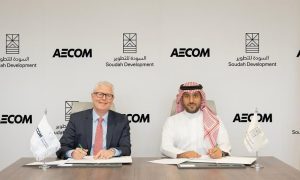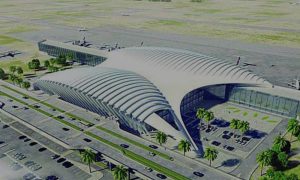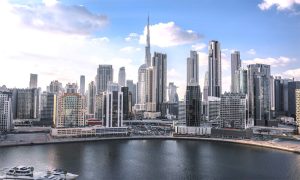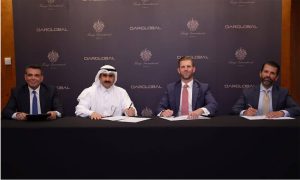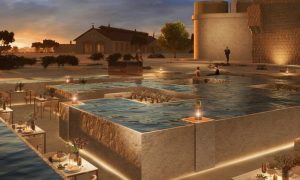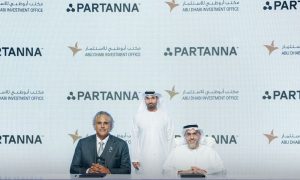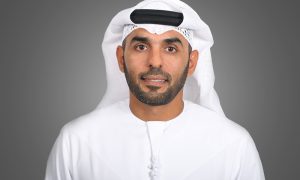Time to change
Taking place March 25-27 at the Jeddah Hilton, Gulf Environment and Sustainable Development Forum will tackle the issues surrounding Saudi Arabia’s waste management, renewable energy water and waste water industries in light of the growing number of mega projects. Robert Ferrari, international vice president for SNC-Lavalin Environment, previews his presentation

Why is GEF important for construction and infrastructure development?
The events like GEF raise the awareness of the Gulf industries of the importance of environmental protection, facilitate the discussions among policy makers on how to create policies and incentives, and enforcement mechanism conducive to develop Green economy; and demonstrate practical ways of delivering projects and operating production facilities in a sustainable manner.
What are you hoping to achieve through your participation at the event?
I will speak at the “Panel Discussion: Making the Business Case for Sustainability in Industry: Cost, Tangible Benefits and ROI”.
The topic of my presentation is “Sustainability throughout the project life cycle: Challenges and Opportunities”. I wish to discuss the importance of taking into consideration sustainability in every stage of the project life cycle. Despite overall good intention towards long-term sustainability, in reality we are facing a lot of challenges to break away from the traditional approach, and develop and build a project in a more environmental friendly manner. Not only because of the additional financial burden for taking extra measures, but also because of the organizational and institutional challenges brought by the changes. We need to work together to turn today’s challenges into opportunities for us and future generations.
What are the biggest challenges facing sustainable development in the region?
The extremely hot climate, desert environment, lack of water resources and delicate situations of local bio species are some of the natural challenges faced, but on top of that, the structure of local industries (predominantly centred around oil and gas, chemicals and petrochemicals) is prone to consume more energy. The lack of efficient public transportation means (metro, LRT, BRT, and train) in most countries in the region and the very affordable prices/tariffs of petroleum and electricity do not contribute to encourage the local habitants in adopting more sustainable ways of daily commuting and life.
How is your organisation committed to sustainable development and or protection of the environment?
SNC-Lavalin is a total solutions service company, and we have a responsibility to inform our clients on how to integrate sustainability throughout every project’s life cycle and to promote the good sense of sustainability to clients and stakeholders, contributing and creating shared value.
The concept is not new to us. In 1917, co-founder Arthur Surveyer said that “an engineer is a person familiar with known scientific truths and respectful of the laws of nature, one who plans, executes, and economically manages works that will improve the comfort and well being of humanity”.
Have attitudes towards protection of the environment changed in the region within the construction sector?
Yes. There are encouraging signs that several oil and gas companies and construction industry players are taking a proactive attitude and concrete measures to protect environment. Saudi Aramco is a good example.
To read interviews with Dr Mustafa A. Ukayli, Director of Maaden Corp and Dr Amyn Dhaya, CEO of GEMS-UtilEco and Professor Professor Tahir Hussain from Memorial University of Newfoundland, Canada, visit: www.thebigprojectme.com
